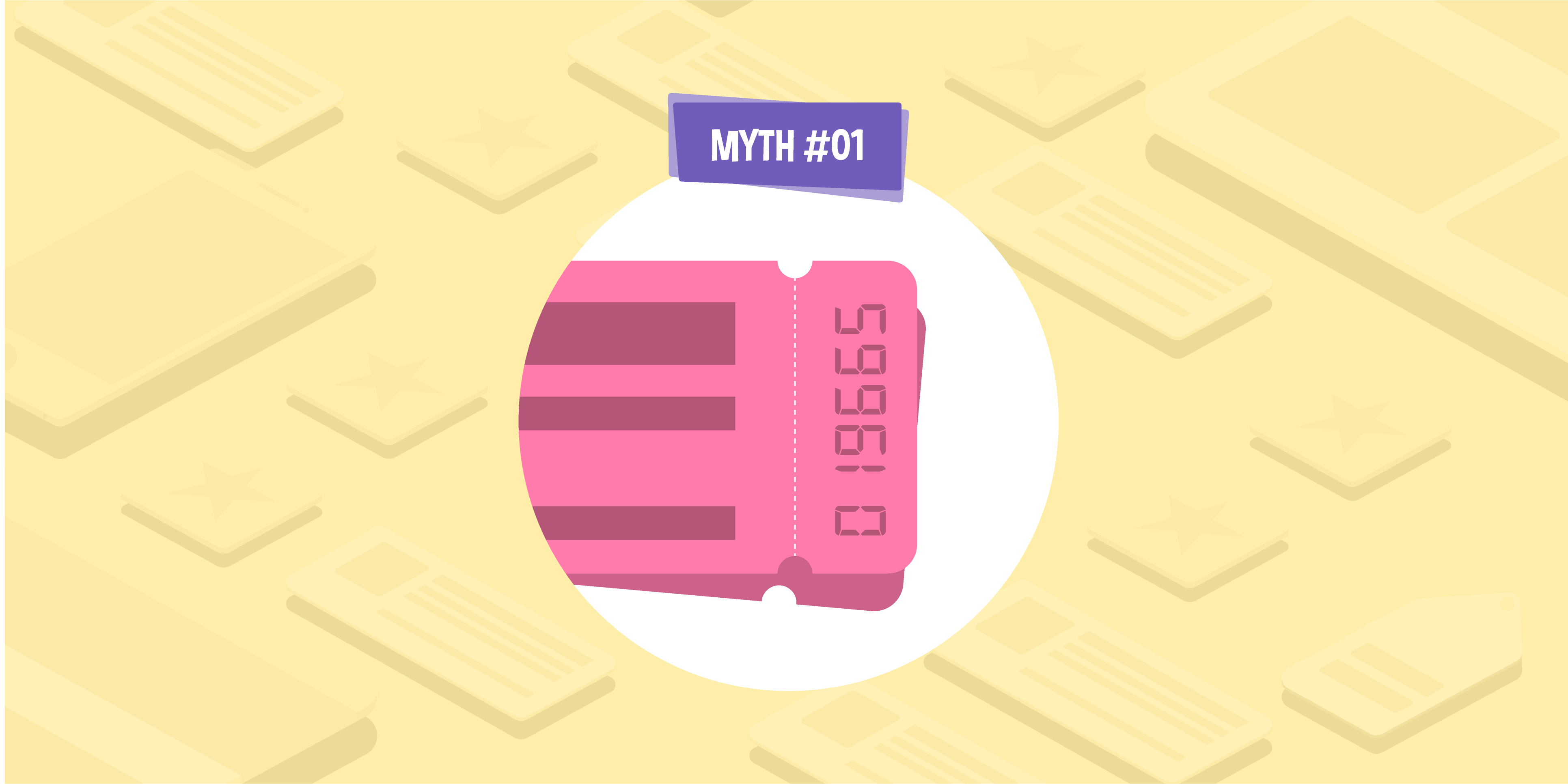
- 26 Feb 2016
- 3 Min read
Industry round-up: Penguin update, Facebook Reactions & external links
This industry round-up will detail Google’s new stance on the highly anticipated Penguin update, user opinion of Facebook Reactions, and a new study that may prove the value of external linking.
Penguin update ambiguity
It has been over a year since the last Penguin update, and while Google’s Gary Illyes appeared to confirm that the new Penguin update would be rolling out in 2015, we are yet to see signs of the update being implemented. Last week, however, Google trends analyst Zineb Ait suggested on Twitter that the Penguin update may be implemented without the announcement of an official launch date:
@alekseo It is still work in progress at the moment. I can’t tell when it will be rolled out. We are aiming at: “as soon as it is ready”
— Zineb Ait (@Missiz_Z) 16 February 2016
With the Penguin update likely to penalise those with spammy backlinks and messy anchor text, you must make sure these elements are fully up to scratch before the update rolls out — which apparently will be ‘as soon as it is ready’!
Facebook Reactions gets positive feedback
This week, Facebook finally followed through on its revamp of the Like button. As well as still being offered the option of a simple ‘Like’, users are now presented with an additional five reactions:

Image by Facebook
While some users were initially hesitant to embrace the update, the significance of the change can be observed when viewing brand and news outlet pages. While user-to-user interaction probably won’t change too much, popular Facebook pages are benefitting from the range of reactions that their content is invoking. If a controversial story is posted, the user can see at a glance how the content is making people feel, which may encourage them to engage.
A Facebook Reaction, at this point, carries the same value as a Like. This means that any engagement with a post will encourage similar posts to appear on a user’s newsfeed, whether they love it or it makes them angry. This is potentially bad news for users, who may be shown content that they have already labelled as annoying or upsetting, but great news for brands, who will receive visibility on their posts regardless of how the user feels about their content.
External linking could benefit SEO
An experiment recently conducted by Reboot appears to suggest that external linking may benefit SEO.
Ten new sites were created, with 300-word articles about a new, fictitious, product. Keyword positions and H tags were kept consistent to ensure a fair test, but five of the ten websites contained three high-authority external links. From analysing data five months after the websites were created, it was concluded that the websites with external links performed better than those without. This suggests that “outgoing relevant links to authoritative sites are considered in the algorithms and do have a positive impact on rankings”.
The conclusion contradicts what Google has repeatedly stated in the past. John Mueller, a trends analyst at Google, said last year that “we wouldn’t say that there is any SEO advantage of linking to someone else’s site. But if you think this is a link that helps users understand your site better, then maybe that makes sense”.
Reboot admits that the study does not prove conclusively how powerful external links are, but it certainly suggests that have a positive impact when used selectively — websites cannot merely spam links to high-authority domains and expect a positive SEO impact.
For more digital marketing insights, you can follow Glass Digital on social media. Connect with us onFacebook, Twitter, Google+, or LinkedIn.

